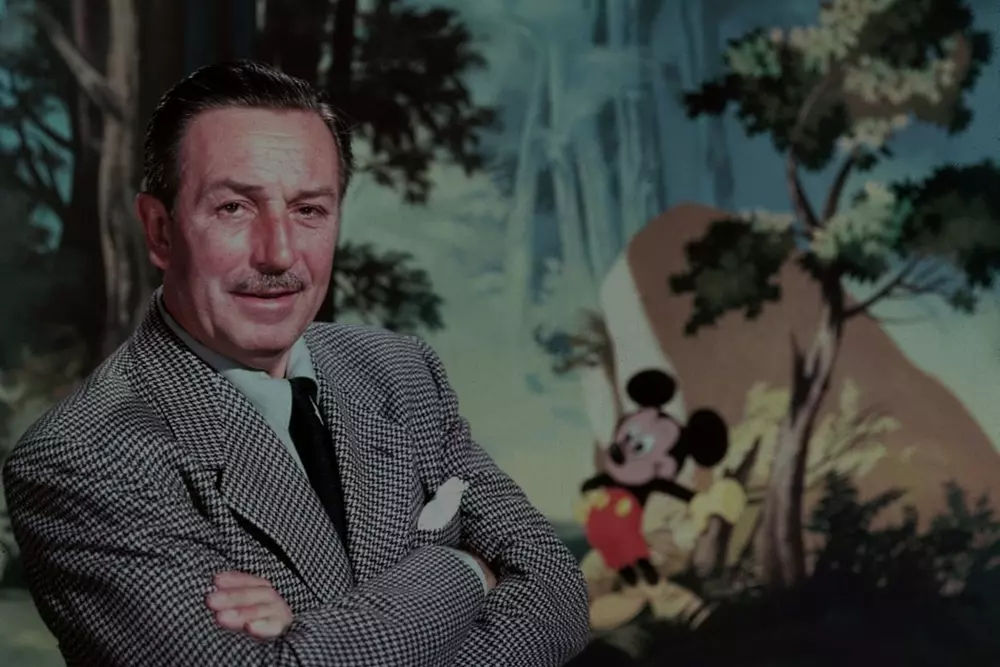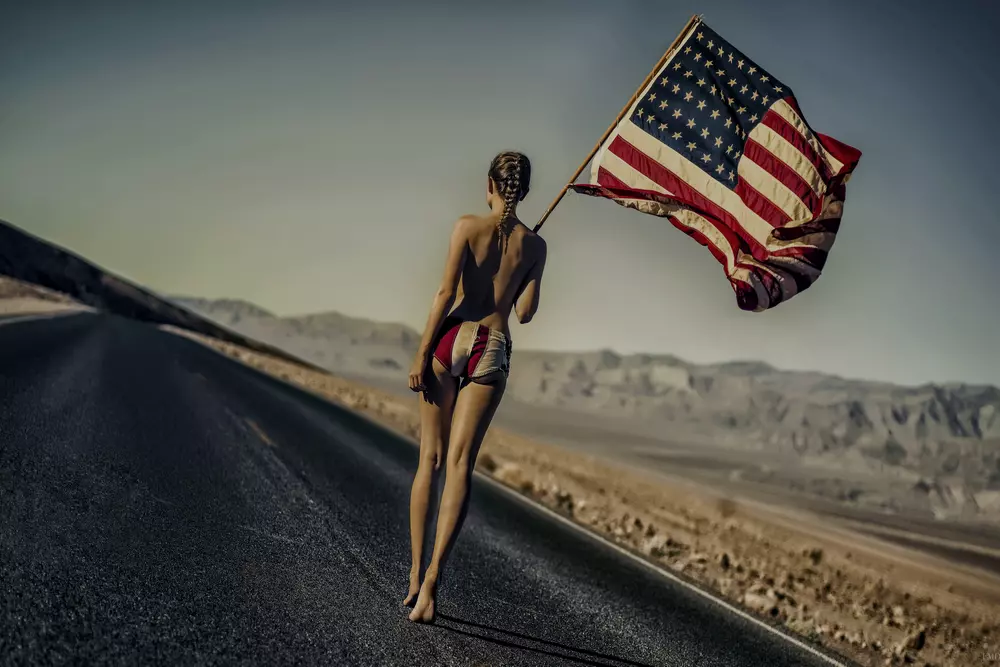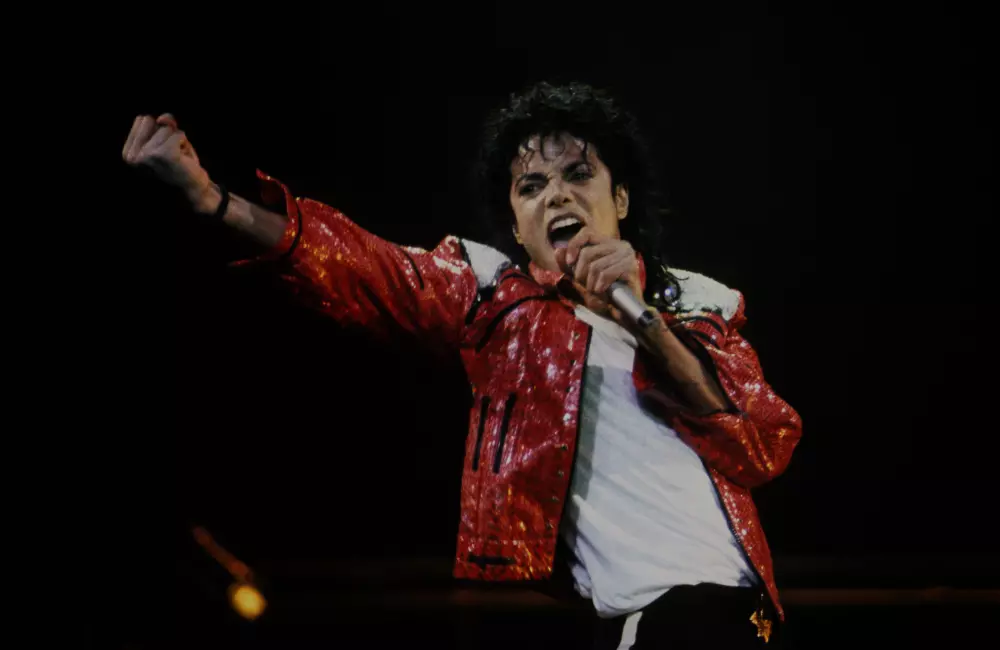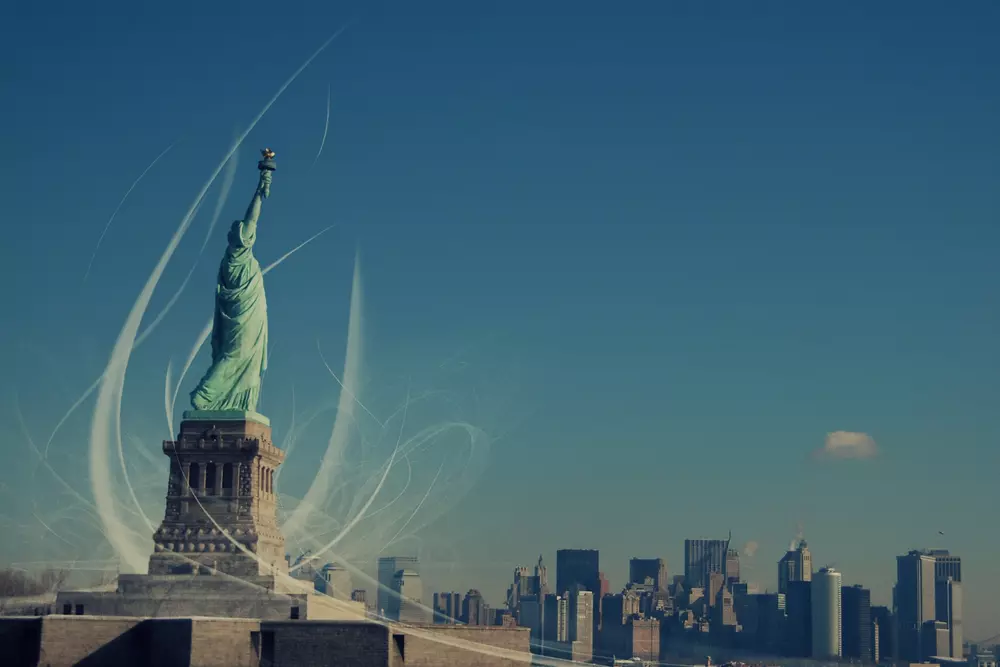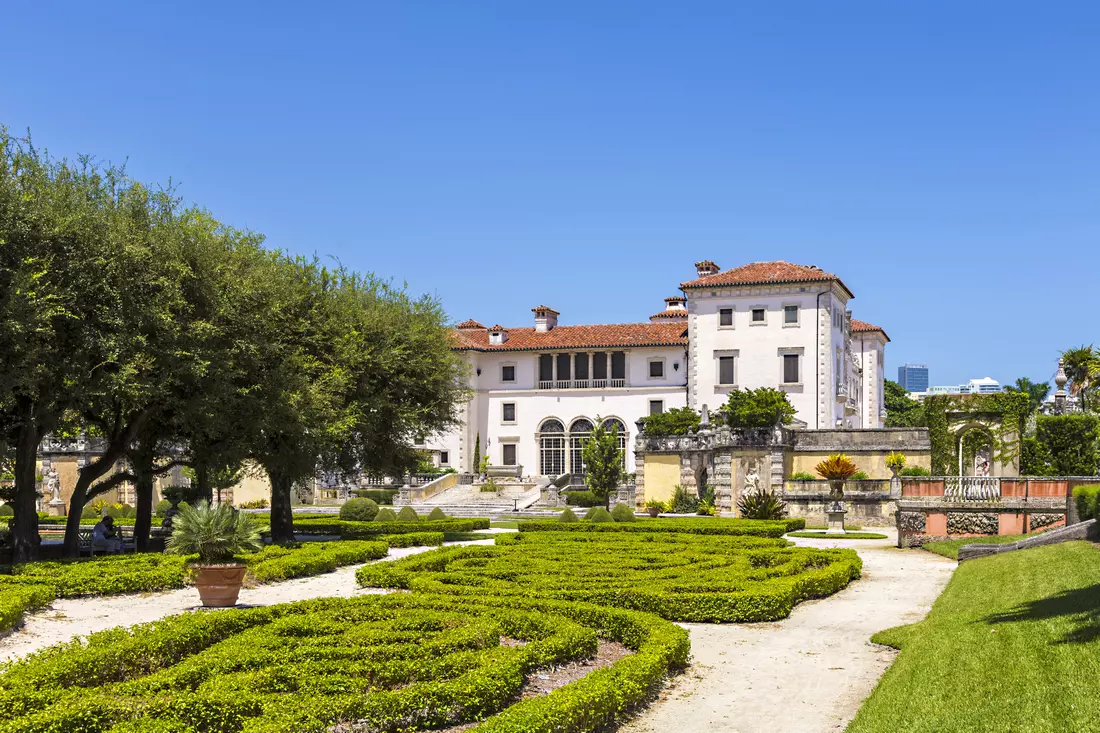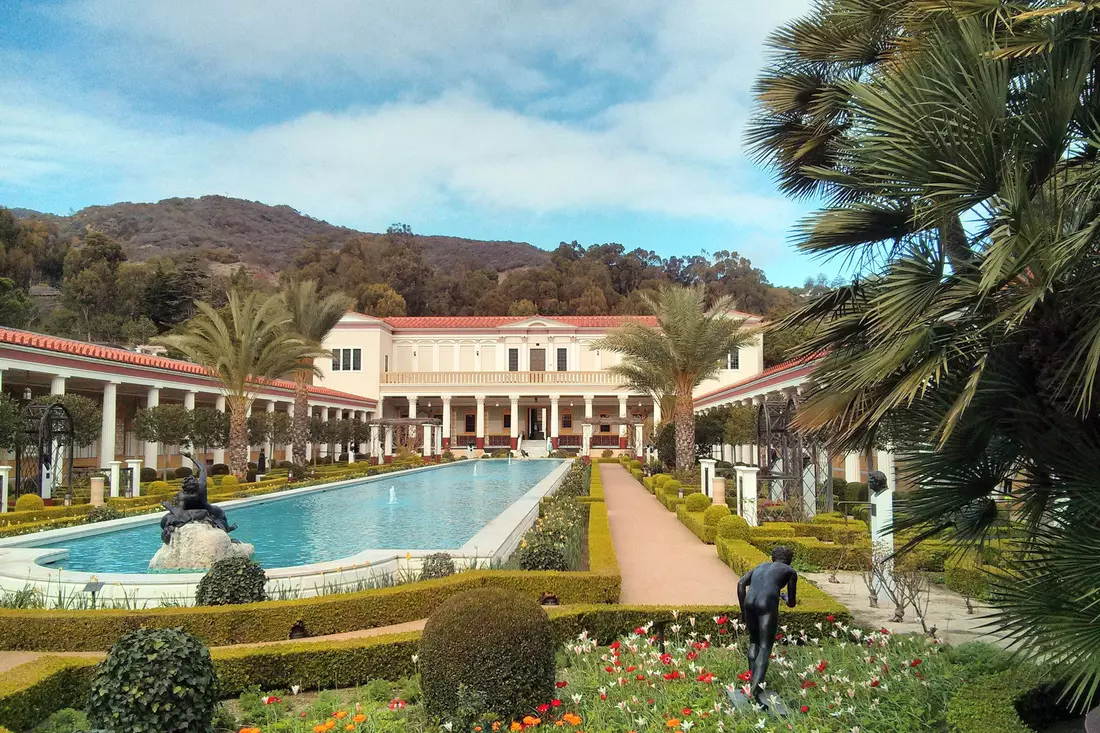"Some stars burn out quickly. Others light up the sky for an eternity. Michael Jackson was both of those." — this is how his fans spoke of him. Perhaps, it couldn't be said better. Because Michael was a phenomenon that cannot be contained in one definition. He didn’t just live in music — he reinvented it. He didn’t just dance — he made the planet freeze in sync with his movements. He didn’t just perform — he transformed the stage into a portal where magic became reality.
Michael Jackson was the voice of change and the face of an era, the voice of protest and childlike innocence, a light breaking through the darkness. For some, he was the hero of their childhood, for others — a mystery of the adult world. He was a child who grew up too soon and an adult who believed in miracles until the very end. He was called the "King of Pop," but in truth, he was much more — he became a symbol of transformation, pain, hope, and unity.
Children in Harlem and Tokyo grew up with his music, danced at weddings in India and on the streets of Rio. His glove, moonwalk, and distinct voice — all became part of global culture, embedded in the collective unconscious. No artist in history has ever reached such a scale of influence — and perhaps no one ever will again. But behind the glamour of fame, the millions of records, and the army of fans, there always remained a person. Vulnerable. Lonely. Deeply sensitive.
This text is not just a biography. It is an attempt to tell the story of a person behind a civilization, a name that became synonymous with greatness, and a legacy that remains an inexhaustible source of inspiration. It’s a journey through a life that had it all: triumph and tragedy, childlike purity and adult contradictions, the absolute stage and absolute loneliness.
Here, you won’t find dry encyclopedic data or formal timelines. We will tell you how the man, whose name is forever etched into musical eternity, lived, felt, suffered, and loved. With respect for his talent. With humanity — toward Michael himself.
Shall we go?
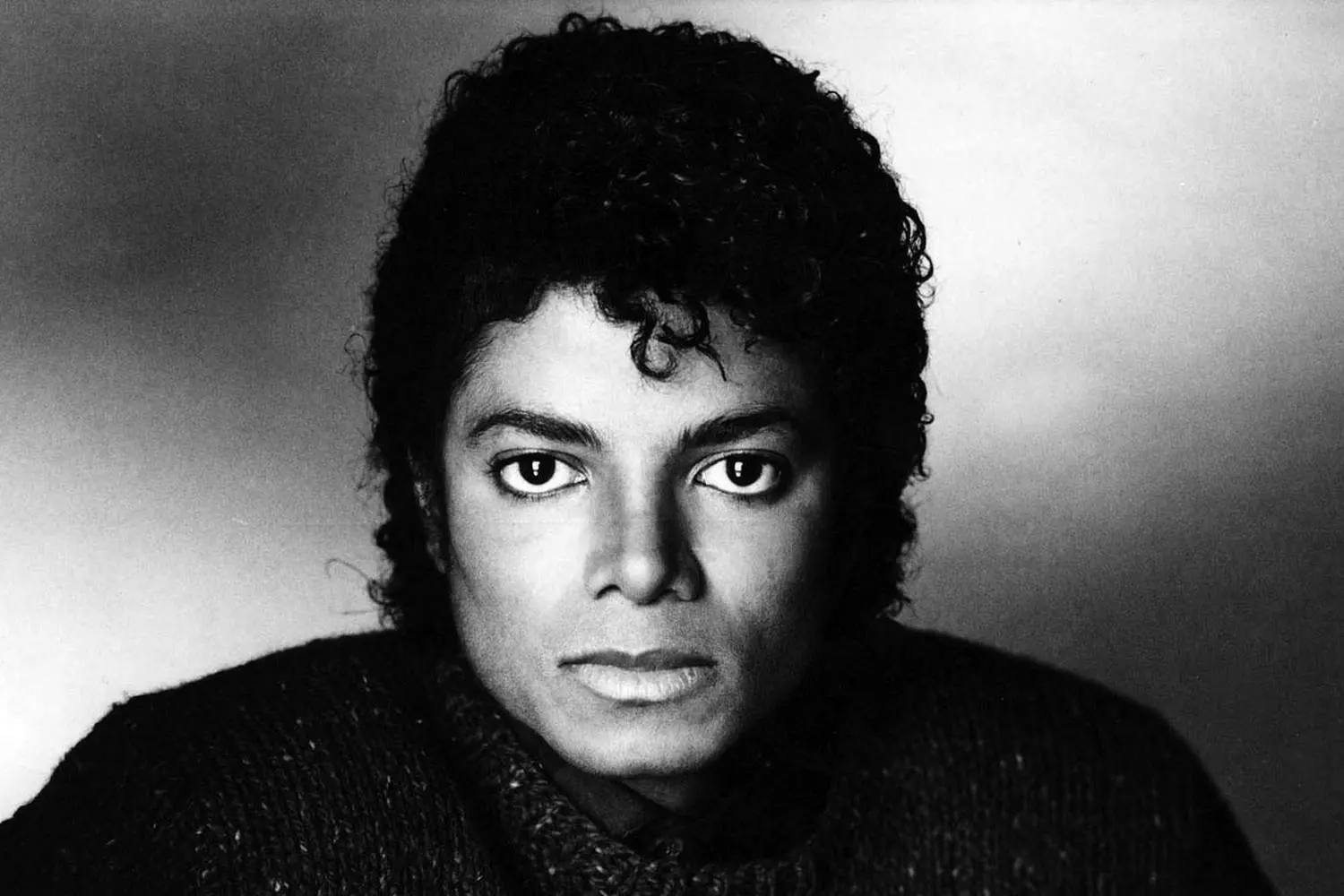
"Just as there is only one Moon and one Sun, Michael was one of a kind. There will never be another like him." — Steven Spielberg
Childhood in the Spotlight
Michael Joseph Jackson was born on August 29, 1958, in the industrial town of Gary, Indiana — one of those places where the air is thick with smoke from steel mills, and dreams rarely break out beyond the gray streets. He was the seventh child in a family where money was scarce, but music was a daily reality.
The Jacksons' home was cramped and modest, with one bathroom for all ten children. But there was always rhythm in the air. Joseph Jackson, the father, worked at the steel mill during the day and dreamed of the stage at night. He had once played in a rhythm-and-blues band, but quickly realized that the path to fame wasn’t through himself, but through his children. He became their manager, coach, conductor, and — as many would later say — a tyrant. Every wrong move, every off-key note was met with strict punishment. But it was this harshness, according to many, that forged the perfect machine called The Jackson 5.
- 01. Michael started as the youngest member of the group, almost a child among his older brothers. But it quickly became clear: he didn’t just have a voice — he had fire. He didn’t just sing — he lived every line. His movements weren’t learned, but instinctive. The audience saw it, and the audience fell in love. The boy with the big eyes and stunning charisma became not just a member — he became the leader.
- 02. While other children at the age of five were drawing on sidewalks with chalk, Michael was singing in contests, leaving adults breathless. At eight, he went on tour through clubs filled with smoking and drinking adults. At eleven, his face was on posters for Motown, the largest label for black music of that time. By thirteen, he had already started recording solo albums. His childhood didn’t just pass on stage — it dissolved in neon signs, in the anxious expectations of producers, and in the heavy, music-filled dressing rooms.
- 03. But behind the scenes, there were darker sides. Michael suffered from loneliness and the strictness of his father, from the inability to simply be a child. Games, school pranks, birthday parties with friends — all of that passed him by. His childhood was too short, too intense. His growing up — too fast.
Later he would admit: "I don’t remember what it’s like to play hide and seek. But I remember well how I learned to hit the rhythm perfectly." This phrase is like a self-portrait. He learned to be perfect before he even knew what it was like to be himself.
Michael Jackson’s childhood is a paradox: on one hand, it was the beginning of a great musical legend; on the other — the beginning of a long journey of inner loneliness. He became a star without even realizing what it was to dream. Because his dream had already been decided for him — and it flared up under the light of thousands of spotlights.
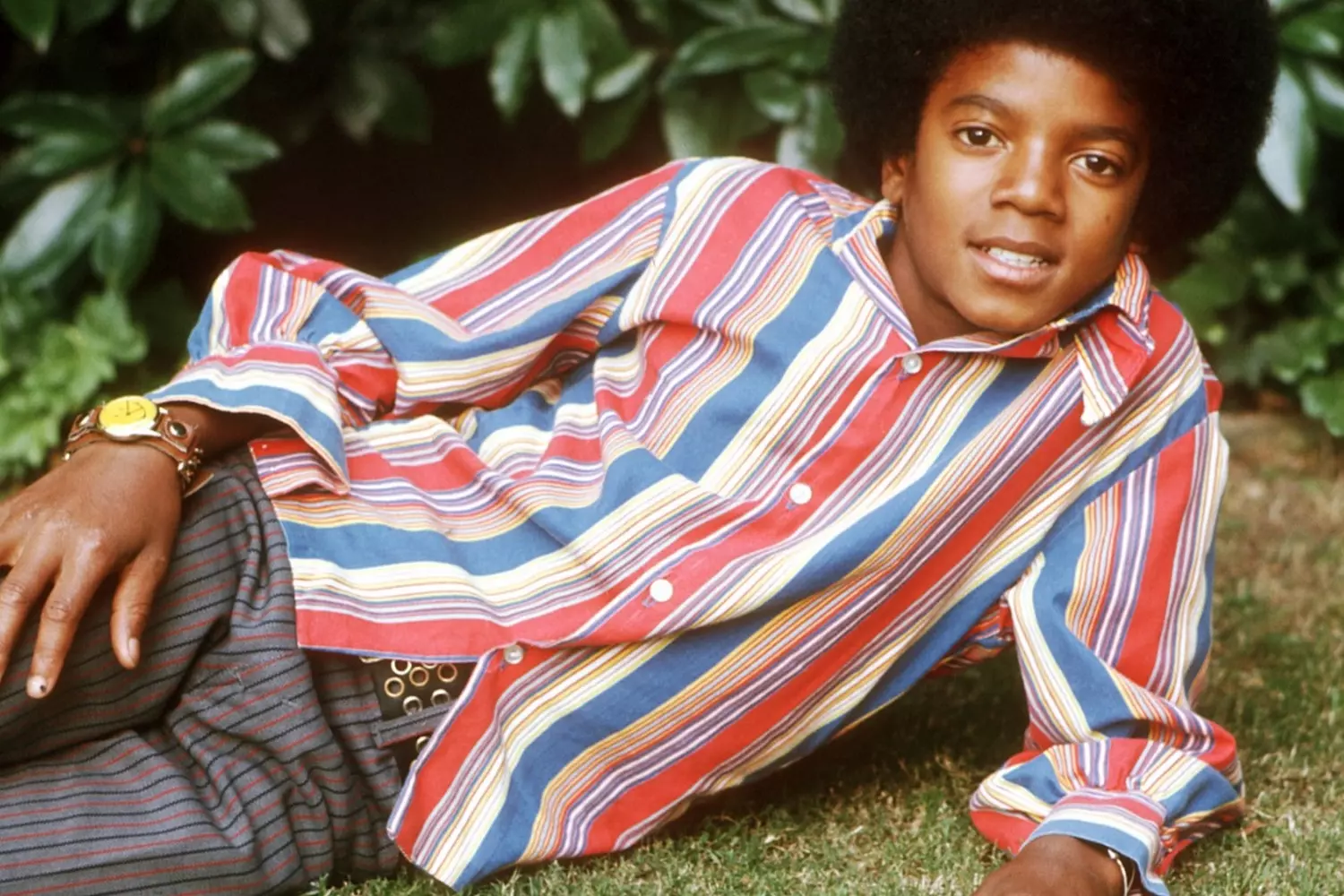
The Rise: From Jackson 5 to the King of Pop
The success of The Jackson 5 was rapid and all-encompassing. In 1969, the group signed a contract with the Motown label, marking the moment of their musical revolution. With the hit "I Want You Back", their names became familiar even in the most remote corners of the world. Songs like "ABC" and "I'll Be There" became iconic and propelled the group to the summit of the music industry, beginning a new era in pop music. It was not just the beginning of a career — it was the beginning of a legend.
- Michael was at the center of this phenomenon, and his extraordinary talent quickly became noticeable. Even then, his voice was something unique — pure, high-pitched, penetrating the deepest corners of the soul. But beyond the voice, there was something more. It was his charisma, his ability to transport the audience to another world, to become its guide, to make it experience every note and every movement. He didn’t just sing — he lived on stage. His dancing became a true revolution in the music world. It wasn’t just movement — it was art.
- However, despite the group's success, Michael felt that his path didn’t end with his role as a member of the band. He aspired for more, to create something of his own. At the age of 20, in 1975, he decided to start a solo career. Stepping onto this path, Michael Jackson had no idea how bright and loud his success would be. And his first step in his solo career became a moment that changed the history of music forever.
- Off the Wall (1979) became the spark that ignited a whole musical universe. It not only introduced Michael as a solo artist, but it also became a milestone for the industry itself. The songs on the album combined elements of disco, funk, and pop music, creating a completely new musical style. Michael was no longer just an artist — he became the creator of his own genre, which was akin to a revolution in music.
- Particular attention should be given to the first single from this album — "Don't Stop 'Til You Get Enough". This was the moment when Michael Jackson proved himself not only as a singer but also as a songwriter. This song became his first hit that he wrote himself, and it brought him his first Grammy — a symbol of recognition of his talent at the highest level. The recording studio was stunned by his uniqueness, and the fans — by his unimaginable energy and sincerity.
- But if Off the Wall was an important stage in his career, the real revolution came with the release of the album Thriller (1982). This was not just an album — it was a cultural phenomenon that turned Michael into the King of Pop and a symbol of an entire generation. From this moment on, the name Michael Jackson became synonymous with quality, innovation, and uncontrollable success.
Solid achievements, such as hundreds of millions of albums sold and worldwide fame, not only earned Michael the title of King of Pop but also allowed him to be more than just an artist — he became a true creator of cultural trends. And although to the world Michael was always primarily a musician, his influence extended far beyond the musical stage.
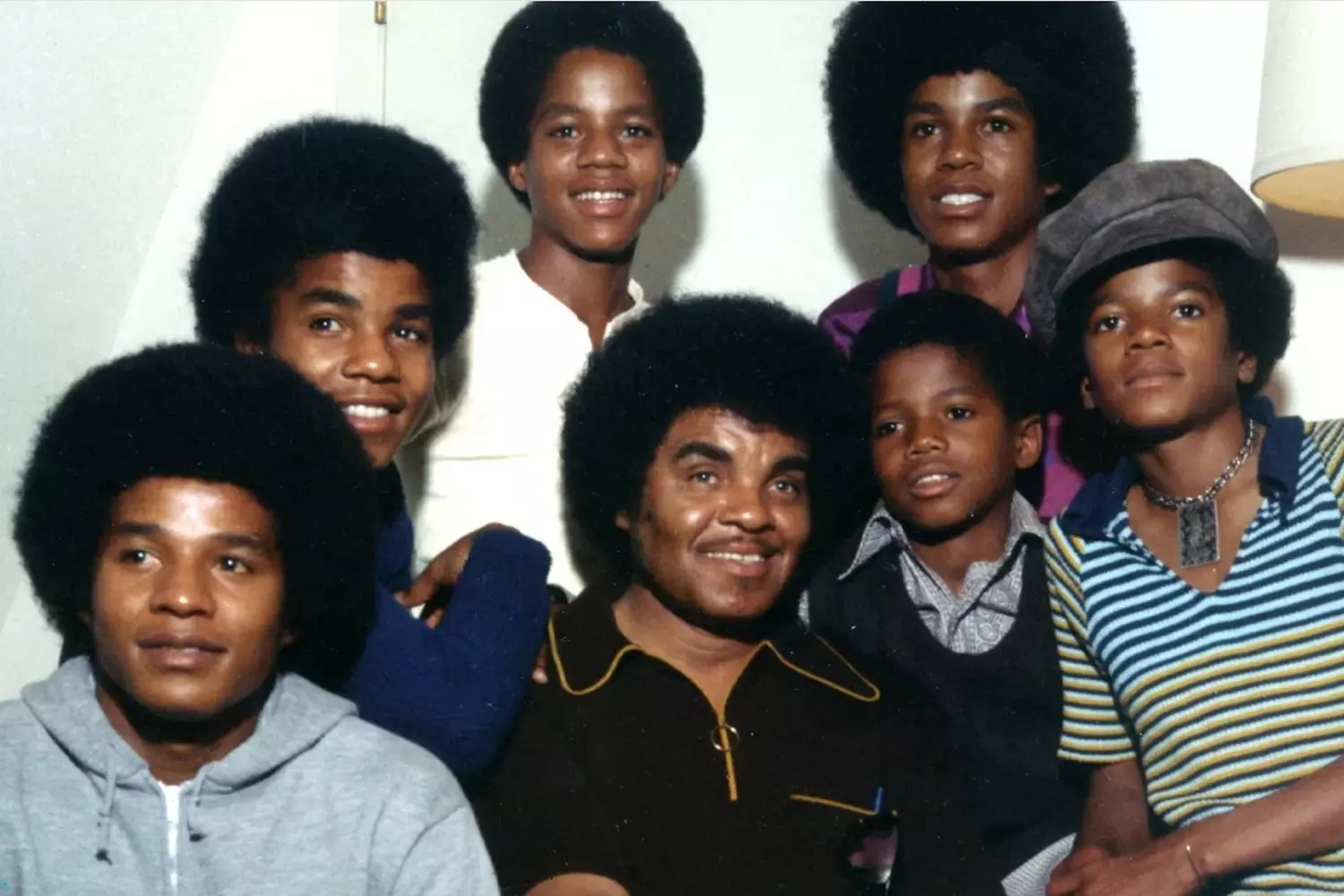
Thriller: The Album That Changed the Industry
1982 became a true turning point in the music industry. The album that was released not only became iconic for its time but also defined what a modern pop musician should be — it was "Thriller" by Michael Jackson. It didn’t just break all sales records; it also took music videos to unprecedented heights. "Thriller" became the best-selling album in music history, with over 70 million copies sold worldwide. And that was just the first step toward making Michael Jackson's name synonymous with absolute success and global recognition.
- 01. For many, "Thriller" is not just an album, it’s a phenomenon. It was with this release that music and music videos ceased to be something separate. Michael Jackson and his team began to see videos as something more than just promotional materials. They became full-fledged short films that conveyed not only music but also concepts, stories, and visual elements that became part of popular culture. The "Thriller" video, for example, was a true horror film starring Michael, and the dance scenes with zombies and the famous choreography became unforgettable.
- 02. If "Thriller" was the catalyst for musical and cultural changes, then the key moment in its rise was the release of the music video for the song "Billie Jean". It wasn’t just a video — it was a real spectacle that made significant changes to the perception of music videos as art. It was the first music video that truly led to a revolution on music channels like MTV, and became something they actively played. Before that, MTV had mainly ignored black artists, but with the release of "Billie Jean," Michael turned all notions of what could be shown on television upside down, and MTV completely changed its format.
- 03. Another song from the album, "Beat It", featuring guitarist Eddie Van Halen, symbolized not only Michael’s new style but also his desire to push beyond pop music and combine different musical genres. This track became a manifesto for a whole generation, with its energetic and aggressive sound, where classic rock merged with vibrant rhythms and funk music.
- 04. In 1983, during his famous performance on Motown 25: Yesterday, Today, Forever, Michael Jackson first revealed his unique dance choreography to the public, including the moonwalk. This moment became historic not only for him but for the entire music culture. The dance number Michael performed on stage caused a real frenzy and forever changed the perception of dancing on stage. The moonwalk became a symbol of his style and innovation, and later — a trend that millions of people worldwide adopted.
"Thriller" turned out to be the album that pulled pop music out of the boundaries of a simple entertainment genre and turned it into a true form of art. Music videos, choreography, concepts — all these became essential elements of Michael’s creativity, and it was with this album that his name became synonymous with a high level in the music industry. He ceased to be just a singer. He became a full-fledged artist, using music, dance, and video as his personal palette, creating works that would be remembered and loved for decades.
Michael Jackson never aimed to be just popular — he aimed to change the world. And with the album "Thriller," he succeeded.
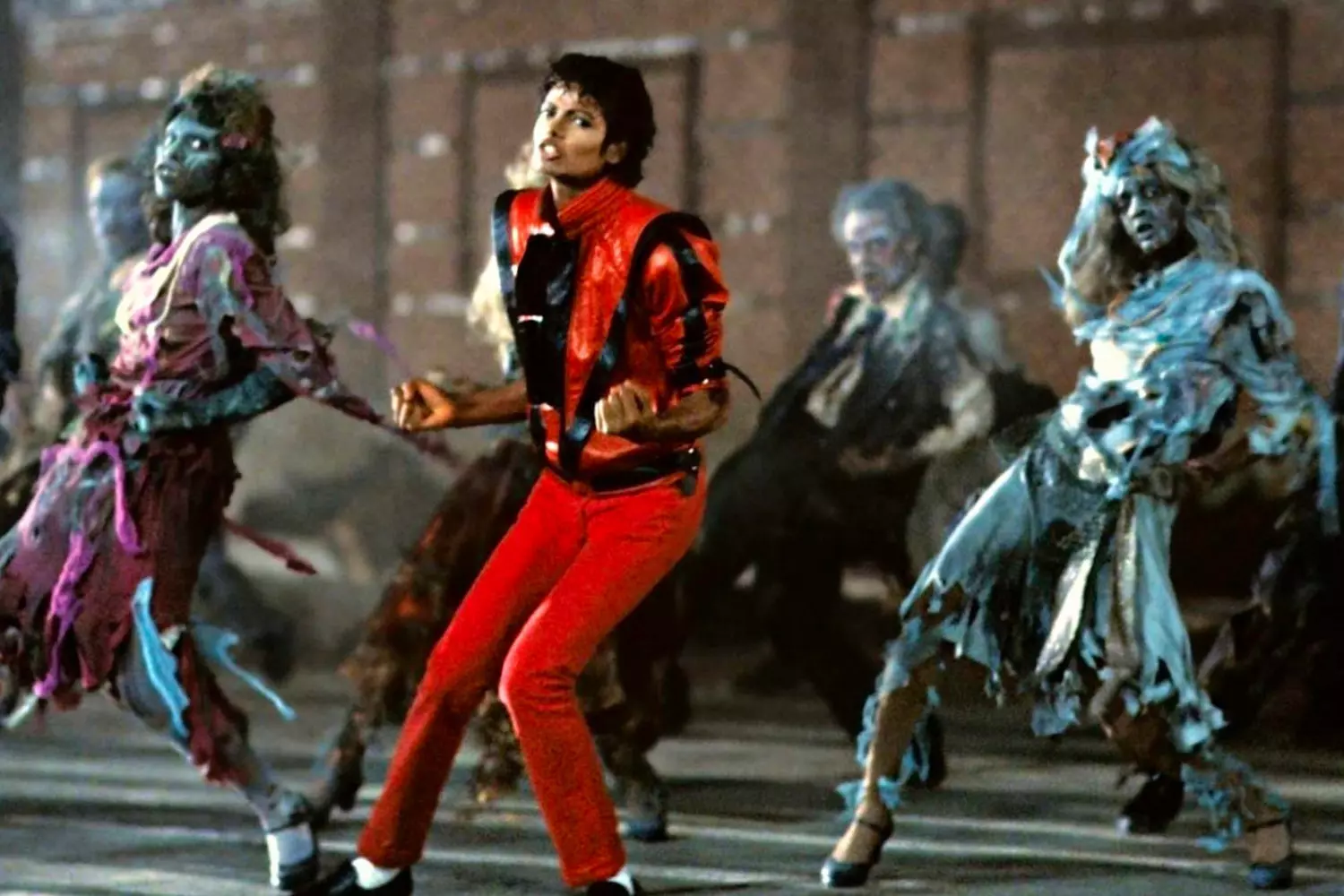
New Horizons: ATV, 'We Are the World' and 'Captain EO
By the mid-1980s, Michael Jackson had firmly established himself as a cultural phenomenon and began building an empire beyond the stage. One of the most visionary moves of his career was the purchase of the ATV music catalog in 1985 for $47.5 million. It contained the rights to over 250 songs by The Beatles, as well as many other artists. At the time, this sparked outrage — both in the music industry and among Beatles fans. However, Jackson explained his move as a "purely business decision," recognizing the strategic value of owning the rights. Later, this asset generated hundreds of millions of dollars and became a symbol of his business acumen.
In 1985, Jackson also teamed up with Lionel Richie and producer Quincy Jones to create the charity single "We Are the World". Recorded with more than 40 famous artists, the song became an anthem for helping the starving in Africa. This was a precedent in pop culture history: superstars united not for fame, but for humanitarianism. "We Are the World" raised over $60 million for charity and continues to serve as a reminder of the power of unity.
In 1986, Jackson surprised the world again by making the science fiction short film "Captain EO" for the Disney theme park. The film was directed by Francis Ford Coppola and produced by George Lucas. For viewers of the time, it was an explosion of visual effects and a synthesis of music, dance, and fantasy — a precursor to the music video era and immersive entertainment.
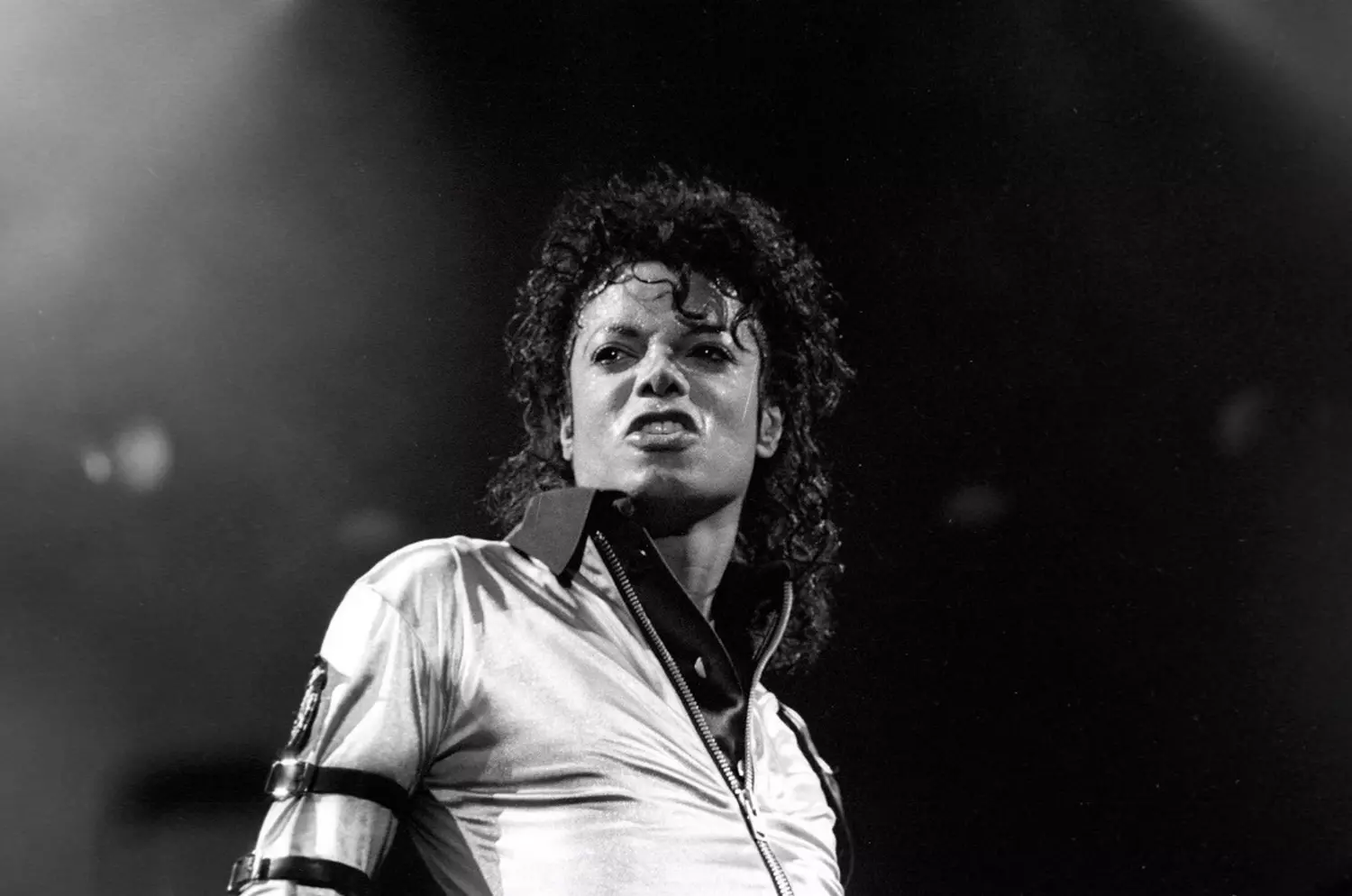
Conquering Global Stages: Bad and the Dance Revolution of the Moonwalk
After the enormous success of the album "Thriller," the world eagerly awaited how Jackson would outdo himself. In 1987, he released "Bad" — an album that solidified his status as the King of Pop. Once again, the producer was Quincy Jones. The album produced five singles that topped the Billboard Hot 100 — a record that seemed unbeatable for a long time.
The "Bad World Tour" became Jackson's first solo world tour and attracted nearly 4.5 million spectators. The concerts turned into theatrical shows, where music, choreography, costumes, and special effects created a sense of magic. It was during this period that Jackson’s signature dance move — the "moonwalk" — became iconic. He first demonstrated it on television in 1983, but it was on stage during the tours that this move became a symbol.
The music videos for the songs "Smooth Criminal," "The Way You Make Me Feel," and "Bad" were not just music videos, but cinematic mini-films. Michael once again proved that a music video is not just a promotional product but a full-fledged art form. His look — the rhinestone glove, white socks, and black shoes — became a part of global visual culture.
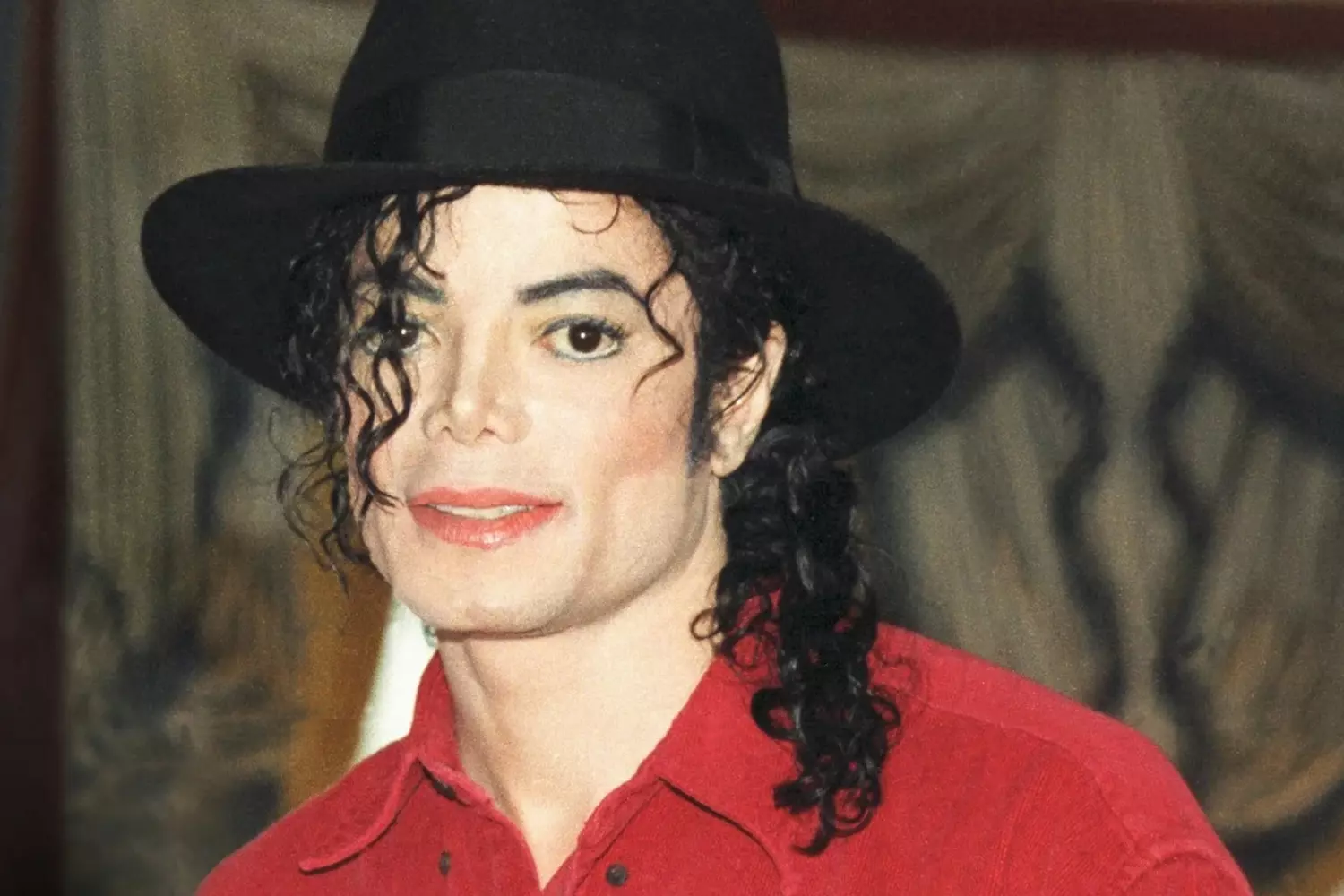
The Dangerous Edge of Fame: Dangerous and the Legendary Super Bowl XXVII Performance
In 1991, Jackson released the album "Dangerous", now without the involvement of Quincy Jones. The new producer Teddy Riley brought the new jack swing sound — a blend of funk, soul, and hip-hop. This was a bold style update that allowed the artist to stay relevant in the rapidly changing music scene. The songs "Black or White," "Remember the Time," and "Heal the World" combined social themes with advanced visual aesthetics.
The video for "Black or White" became a true event: its premiere was broadcast simultaneously in 27 countries. In the final part of the video, Jackson performed a powerful dance in anger, which was perceived as a political statement. His performance at Super Bowl XXVII in 1993 is still considered one of the best opening shows. It was the first performance in history to attract more viewers than the game itself. Jackson appeared on stage suddenly, stood motionless for over a minute, and then lit up the audience with songs like "Jam," "Billie Jean," "Black or White," and "Heal the World."
With the album "Dangerous," Jackson finally established himself not just as a pop star but as a cultural activist. He spoke about racism, ecology, peace, and child welfare. His music increasingly addressed themes of social justice.
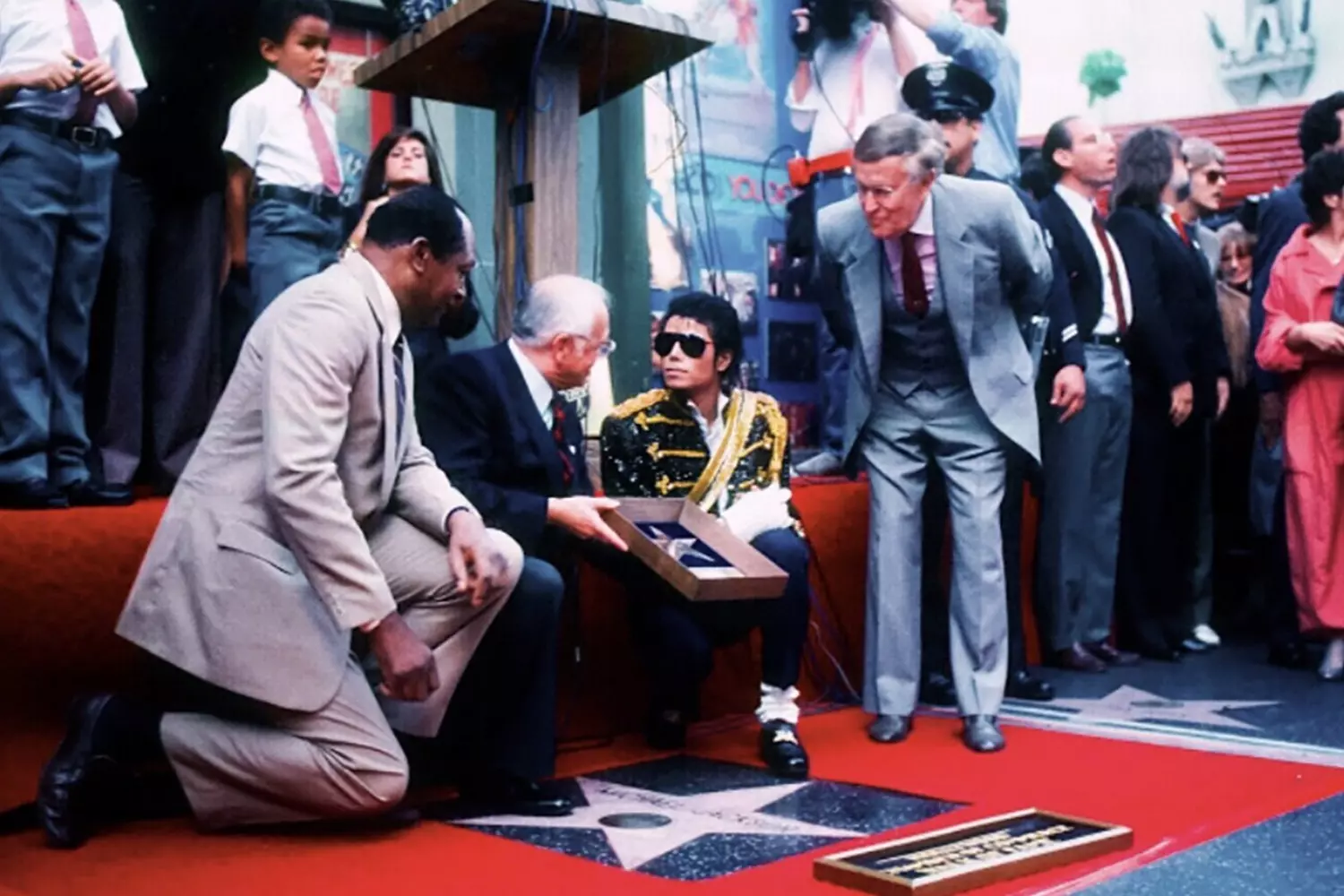
HIStory, 'Ghosts' and 'Blood on the Dance Floor': A New Perspective on the Pop Icon
In 1995, Michael released the double album "HIStory: Past, Present and Future, Book I", where one disc featured his greatest hits, and the second contained new compositions. The album turned out to be largely autobiographical and dark. In songs like "Scream," "They Don't Care About Us," and "Stranger in Moscow," he openly addressed persecution, depression, feelings of isolation, and pain. It was a reaction to accusations, criticism, and the relentless attention of the media.
- The music videos for the songs from HIStory still amazed the imagination. The video for "Earth Song" turned into a powerful environmental statement, where Jackson stood on the edge of a destroyed world, pleading with humanity to wake up.
- The HIStory tour became the largest and most technically complex of his career, with a record number of concerts in dozens of countries.
- In 1997, he released the mini-album "Blood on the Dance Floor", which included remixes and five new songs.
- That same year, the short film "Ghosts" was released — a collaboration with writer Stephen King. It was a dark, almost horror-manifesto, in which Jackson again touched on themes of exile, misunderstanding, and the monstrosity of public condemnation. His character — an exiled artist with magical abilities — became an allusion to his own fate.
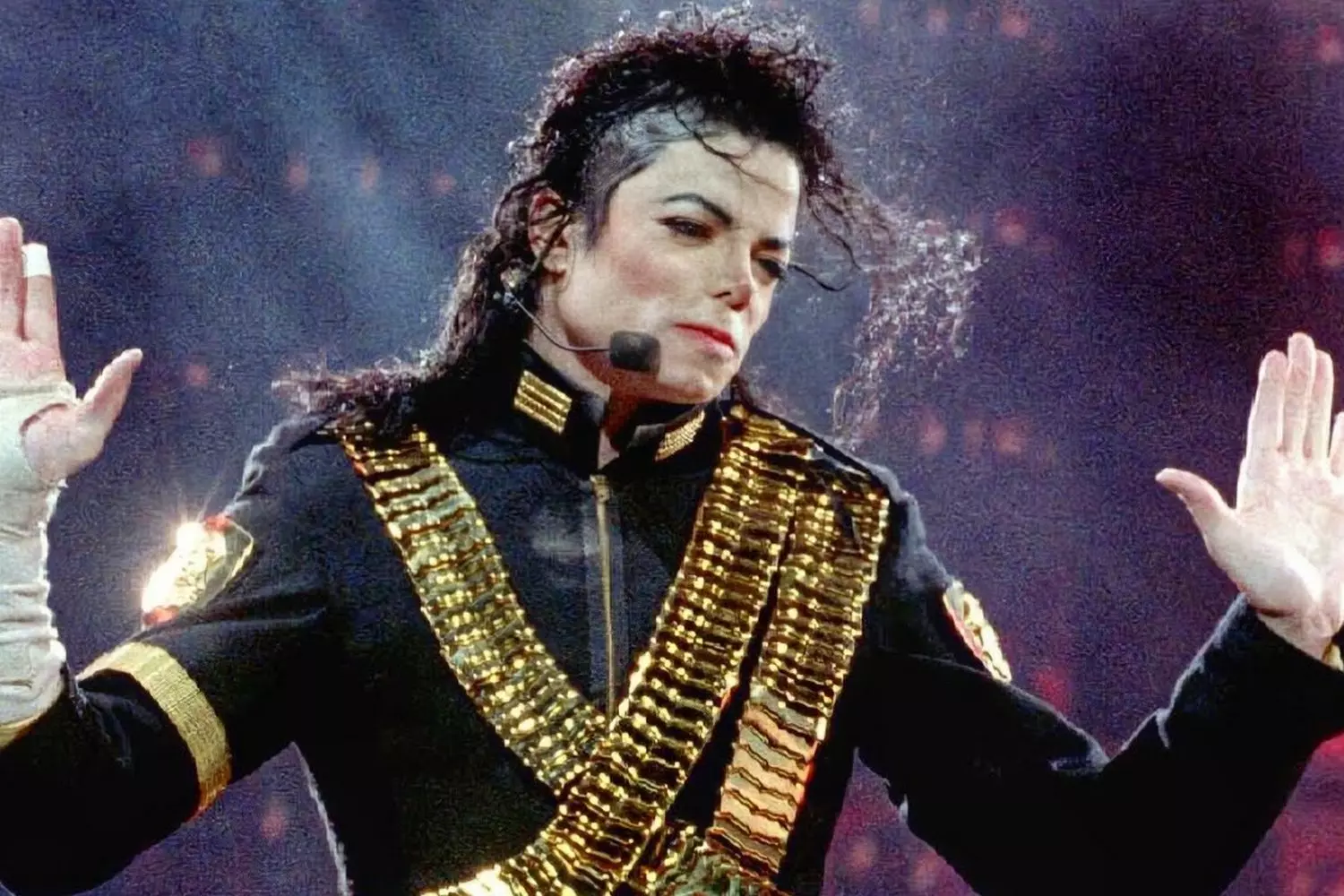
Invincible and Label Conflicts: The Final Chapters of Michael Jackson's Career
The album "Invincible," released in 2001, became Michael's final studio release during his lifetime. Despite high expectations and a large budget, it faced a cold reception from critics and internal conflicts with the Sony Music label. Michael accused the company's leadership, particularly Tommy Mottola, of sabotaging the album's promotion and racism. He even staged public protests and press conferences, where he spoke about the unfair treatment of Black artists.
Although "Invincible" included powerful tracks like "You Rock My World" and "Butterflies," it never achieved the cult status of his previous albums. Partly due to the lack of music videos, and partly due to the absence of a tour. However, fans appreciate this album for its mature sound, emotional depth, and experimental arrangements. The ballad "Speechless", in particular, became especially touching, as Michael claimed it was written "in one breath" — at the moment of absolute love.
The period after "Invincible" marked a crisis in his career. Legal battles, debts, a move to Bahrain, and the loss of trust from the industry all contributed to the image of a fallen star. But despite this, his army of fans remained loyal, believing in his comeback.
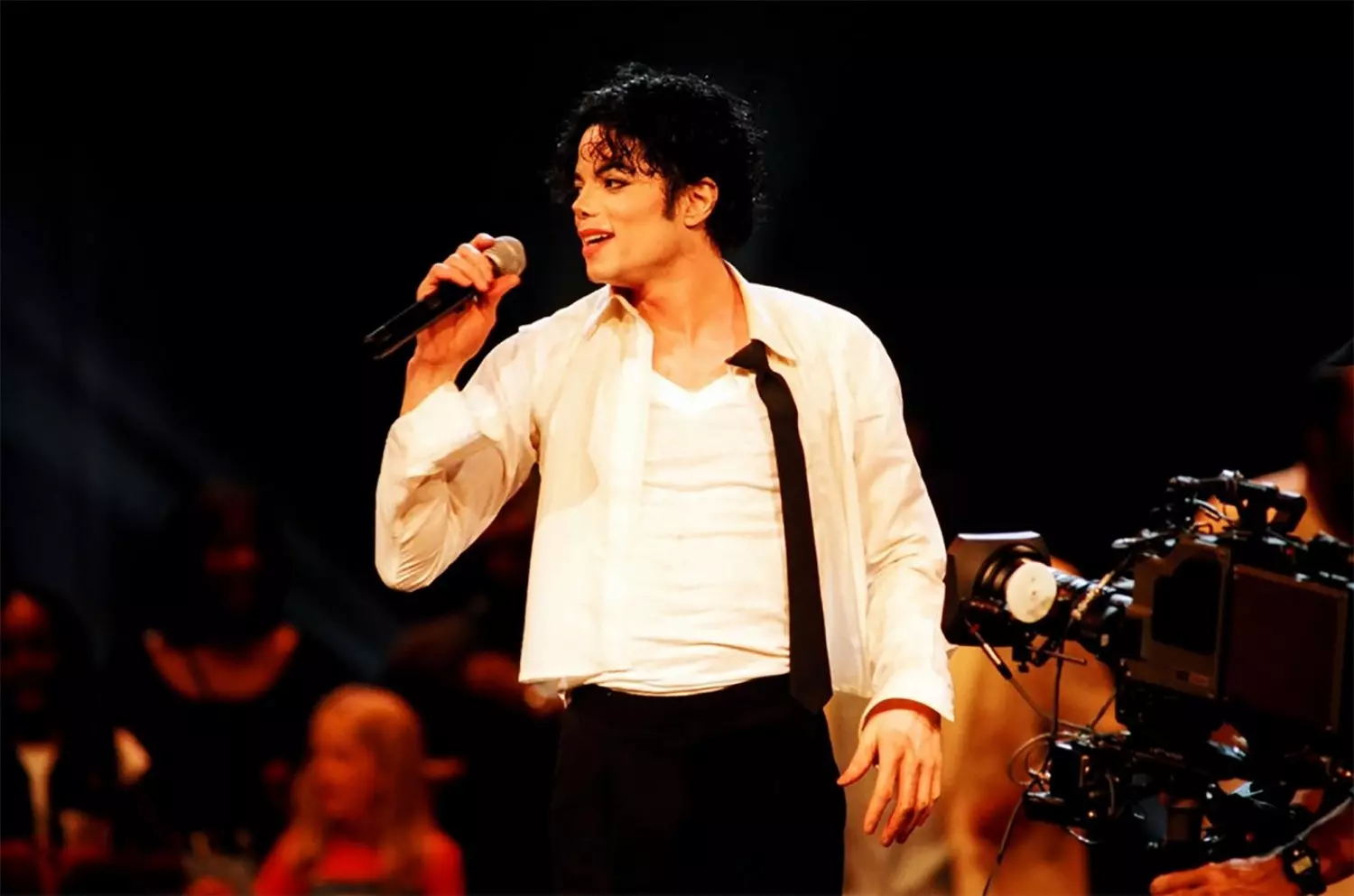
Michael Jackson's Final Journey: This Is It and Farewell to the World
In the late 2000s, Jackson was planning a triumphant return. He announced a series of concerts called "This Is It" at the London O2 Arena. Initially, 10 shows were planned, but due to huge demand, the number of concerts was increased to 50. Tickets sold out in a matter of hours. This was meant to be not just a comeback, but a new phase in his career.
- 01. The preparation for the tour was monumental. Jackson rehearsed for 10–12 hours a day, working with the best dancers, directors, and technical experts. However, his physical and emotional condition raised concerns. Many noticed that he was thin, tired, and at times apathetic. Nevertheless, behind the scenes, he remained a perfectionist: fixing small details and working on every aspect of the show.
- 02. Unfortunately, the tour never happened. On June 25, 2009, Michael Jackson passed away in his home in Los Angeles.
- 03. The concert film "This Is It", compiled from rehearsal footage, was released in the fall of 2009 and became the final glimpse of the artist at work. It showed Jackson alive, passionate, and in love with his craft until the very last second.
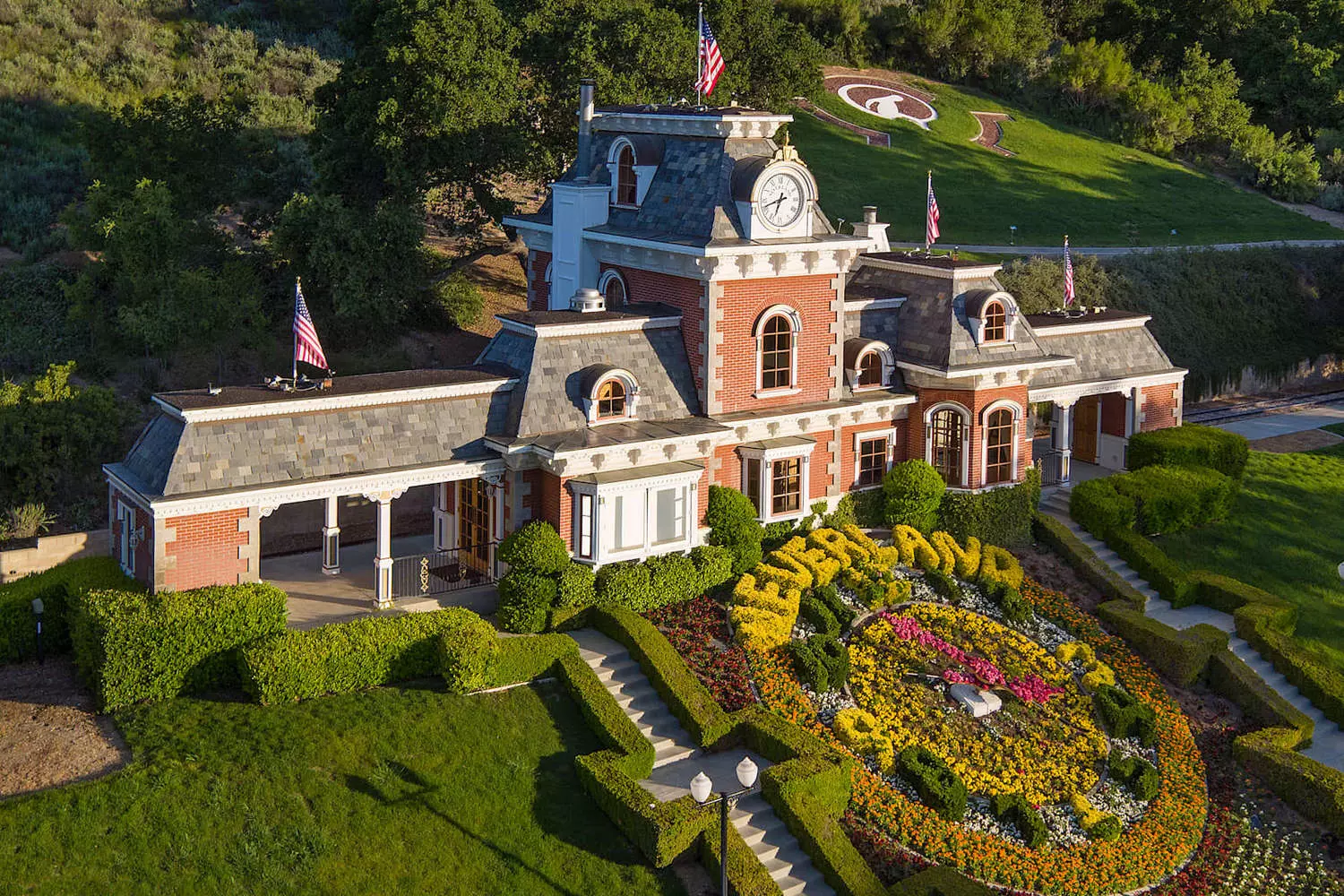
The Tragedy of 2009: The Final Chord of the King of Pop
On June 25, 2009, the world stood still. At 2:26 PM Los Angeles time, Michael Jackson was pronounced dead from cardiac arrest at the UCLA hospital. The famous singer died at the age of 50. The official cause of death was an overdose of the powerful anesthetic propofol, administered at home by his personal physician Conrad Murray. Murray was later convicted of involuntary manslaughter.
The news of Michael's death spread faster than light. The internet crashed under the flood of queries — Google even thought it was facing a DDoS attack. Within 24 hours, all the major world publications had headlines in black. People gathered outside his mansion in Beverly Hills, outside Motown's office in Detroit, at his star on the Walk of Fame — with flowers, candles, and tears.
Michael Jackson's funeral became a television event of the era: on July 7, 2009, the Staples Center in Los Angeles turned into a temple of mourning and music. More than 2.5 billion people worldwide watched the ceremony. On stage were Mariah Carey, Stevie Wonder, Lionel Richie, Brooke Shields, and his children. Michael himself was buried later, on September 3, at the family mausoleum in the Forest Lawn cemetery in Glendale — in a golden coffin, as befits a king.
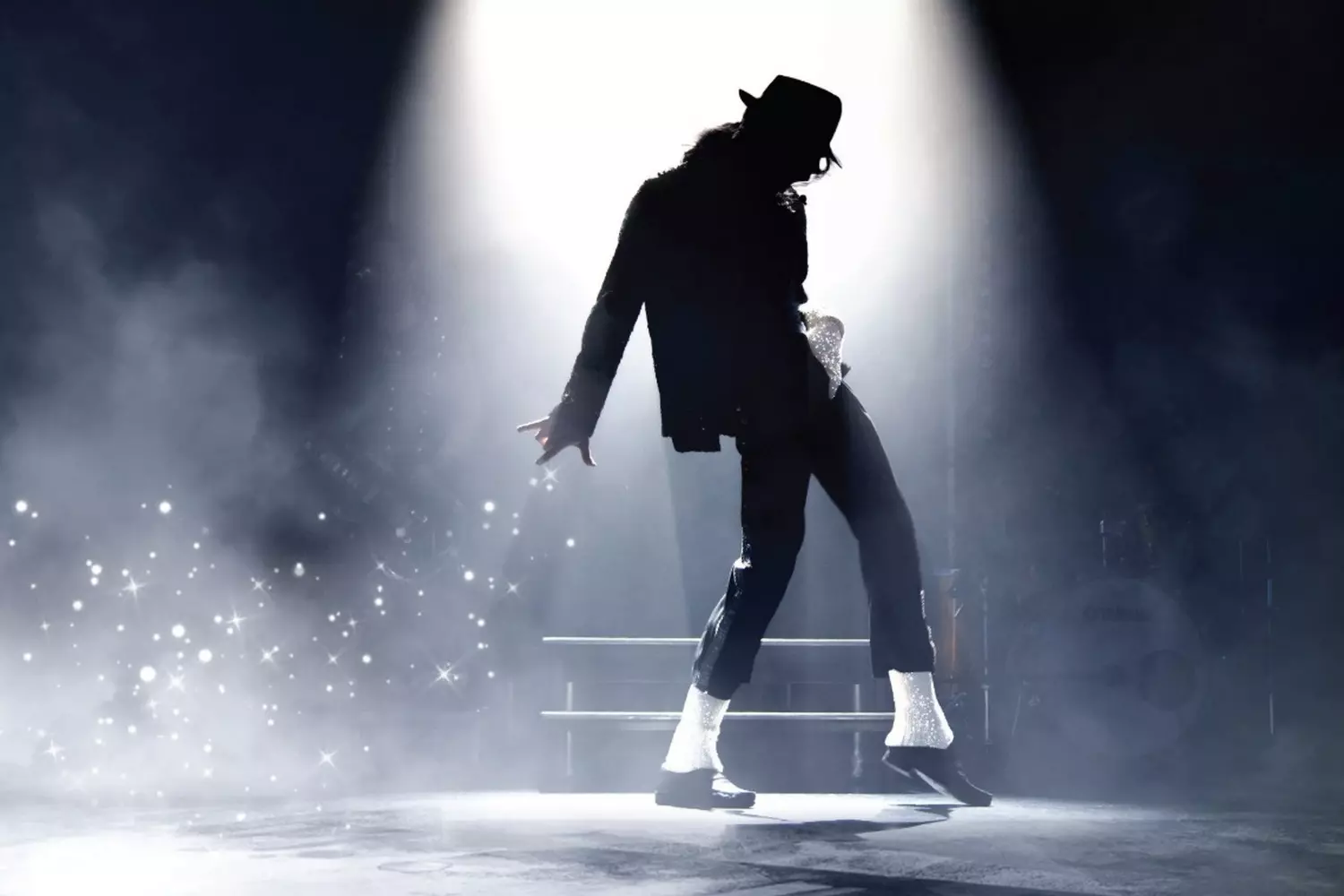
Personal Life: Between the Castle and the Cage
The paradox of Jackson's life was that he was the most recognizable person on the planet — and the loneliest. His personal life was always under a microscope, sometimes grotesquely distorted by tabloids, yet still remained a mystery.
He had two official marriages. The first was to Elvis Presley's daughter, Lisa Marie, in 1994. The union lasted only a year and a half and was the subject of endless speculation: was it love, a marriage of convenience, or an attempt by Jackson to protect himself from accusations? Both claimed it was love. But their worlds were too different.
The second marriage was to nurse Debbie Rowe, the mother of two of his older children: Prince and Paris. Their marriage was almost business-like: she openly said that she did it for him and the children, not aspiring to be a traditional wife. Michael also had another son — Blanket (later changed his name to Bigi) from a surrogate mother, whose identity was never revealed.
Family: Blessing and Curse
The Jackson family is one of the most famous dynasties in show business history. But behind the glamour — there was pain, pressure, and control. Joseph Jackson, the head of the family, was a despotic father who turned his children into a hit-making factory. Michael said that his childhood was taken away from him: instead of playing, there were rehearsals, instead of affection, there was a belt. His father instilled fear in him for the rest of his life.
- He had much warmer relations with his mother, Katherine Jackson. She was his spiritual guide and support. He trusted her, dedicated albums to her, and helped her financially until his last days.
- With his brothers and sisters — it was more complicated. On one hand, they were his creative family, on the other, over the years, scandals, conflicts, and jealousy became more frequent in the news. Many believed that Michael had stepped out of the shadow of the Jackson 5 and become a superstar, leaving his family behind. But he often repeated: "Without my brothers, I wouldn't be who I am"
After his death, disputes over inheritance, custody of his children, and music rights once again divided the family. Nevertheless, it is precisely the family in the broader sense — children, mother, nieces and nephews — that continues to keep his name in the memory of generations.
Religious Views: Searching for God in the Mirror
Michael Jackson was born and raised in a Jehovah's Witness family, and in his youth, he actively participated in religious life. However, as he grew older, his views evolved. He never publicly renounced his faith, but became increasingly interested in other spiritual practices — from Eastern philosophy to Kabbalah.
His songs often featured biblical motifs, appeals to God, themes of forgiveness, and mission. Songs like Man in the Mirror, Will You Be There, and Earth Song are almost prayers, filled with existential questions and anxiety about humanity.
He said he felt a connection to God through music. Religion, for him, was not so much an institution, but an inner search. Many biographers claim that closer to his death, he distanced himself from earlier doctrines and simply wanted peace — for himself and for others. His faith became personal, quiet, but deep.
Health: The Body as the Arena of Struggle
Michael Jackson's health sparked as many discussions throughout his life as his creative output. He suffered from vitiligo, an autoimmune disease that causes skin depigmentation. Jackson openly talked about it, claiming he did not bleach his skin as tabloids suggested, but used makeup to even out his skin tone. Nevertheless, his appearance continued to spark controversy: constant surgeries, changes in facial features, especially his nose, seemed like a fanatical attempt to change himself.
Many critics attributed this to the psychological traumas of his childhood, insecurity, and constant public pressure. His body became an arena: every millimeter was analyzed, condemned, and distorted. Doctors spoke of dysmorphophobia — an obsessive aversion to his own appearance.
Another shadow over his life was his addiction to medication. After suffering burns during a Pepsi commercial shoot in 1984, Jackson began taking painkillers, which eventually led to deep addiction. His personal doctor, bodyguards, and managers — dozens of people saw how he lived on a mix of tranquilizers, sleeping pills, and anesthetics. He worked through pain, rehearsed to exhaustion, all of this in a body tortured by chronic insomnia and constant stress.
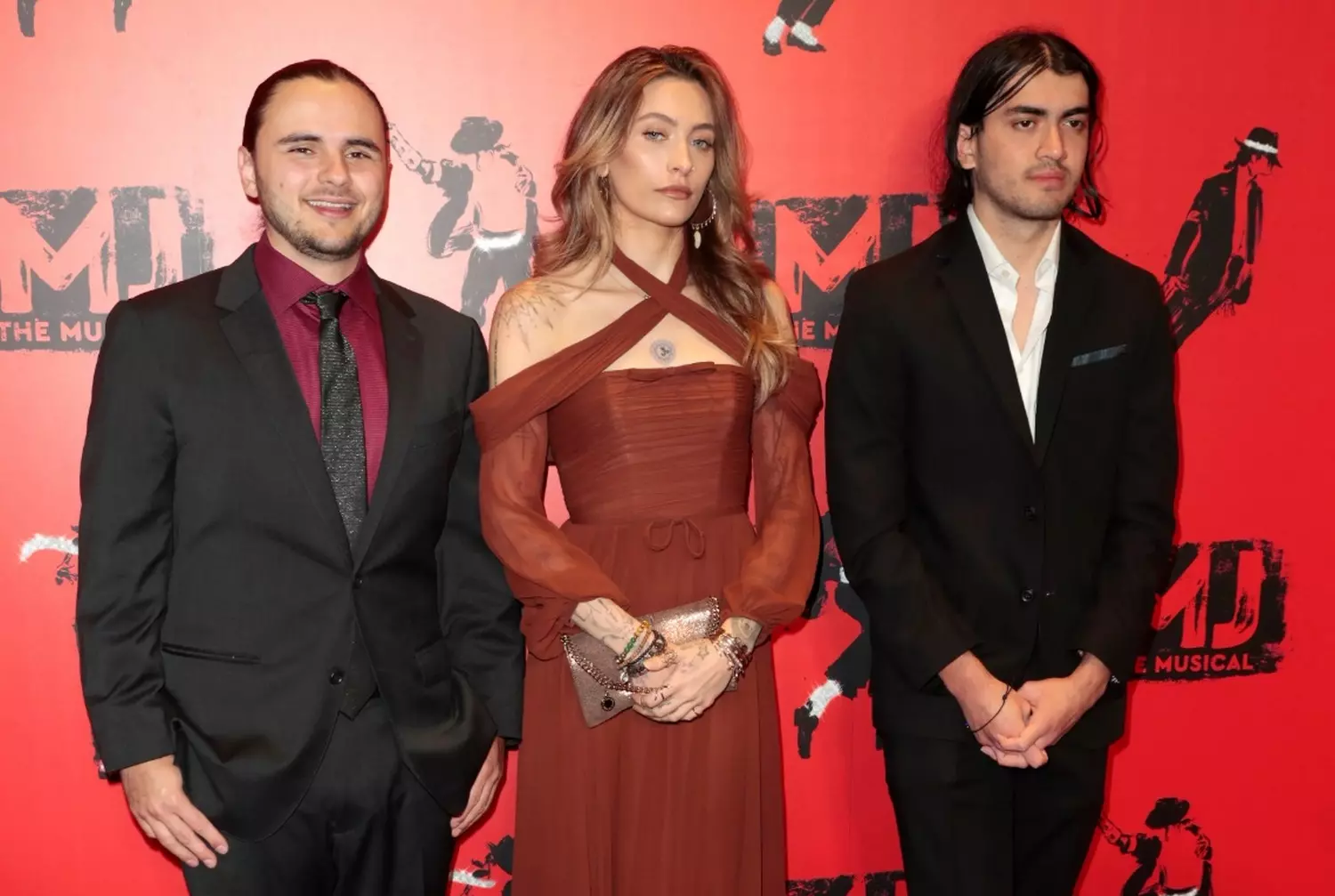
Man and Shadow: Scandals and Allegations
Michael Jackson, like many celebrities, knew that fame has a dark side. The flashes of cameras, applause from crowds, and admiration from fans all contrasted with the personal tragedies and accusations he faced throughout his career. One of the most painful and difficult aspects of Jackson's life were the allegations of inappropriate behavior with children, which followed him for many years. These accusations not only damaged his reputation but also led to numerous legal battles, often involving some of the biggest names in the entertainment world.
Neverland: A Sanctuary or a Shadow of Scandal?
Michael Jackson purchased a ranch in California, which became famous under the name Neverland — a reference to the magical land from J.M. Barrie's book about Peter Pan. For Jackson, this place became a kind of sanctuary, a place where he could escape from the harsh reality and experience the childhood he had lost at a young age. On the grounds of Neverland, he created an entire amusement park, a zoo, and a large house where Jackson would invite children from around the world. He claimed that this space created a safe and creative atmosphere for children, where they could play and enjoy their childhood.
- However, this private retreat became the stage for accusations that overshadowed the light of his career. In 1993, when Jackson met the family of 13-year-old Jordan Chandler, rumors began to spread that the singer might be involved in inappropriate behavior. These rumors turned into a legal case when Jordan and his father filed a lawsuit against Michael, claiming that he had made sexual advances toward him.
- Jackson denied all accusations, insisting that he had committed no crimes. The legal case in 1993 ended with a settlement, during which Jackson paid 23 million dollars to avoid a trial. This settlement did not constitute an admission of guilt, but it left his reputation in jeopardy.
2005 Trial: Acquittal and Comeback
In 2005, the allegations of sexual misconduct with children resurfaced. This time, the victim was a boy named Gavin Arvizo, who, like Jordan Chandler, claimed that Michael had done inappropriate things to him. The trial began with a major scandal, and the accusations became the main focus of public attention. Jackson again denied all charges and insisted on his innocence. His defense argued that the allegations were fabricated and part of an attempt to extort money from the celebrity.
- 01. This trial was one of the most high-profile in Jackson's career, and media attention was nearly unbearable. Throughout the process, he endured tremendous pressure, but in the end, the court acquitted him on all charges.
- 02. This acquittal was an important moment in Jackson's life, although his reputation had already been damaged. Despite the court's decision, many continued to doubt his innocence, while others believed he was a victim of manipulation.
- 03. The inability to shake off the constant accusations and the harassment from the press and public became a severe trial for Jackson. He repeatedly spoke about his mental state, which deteriorated due to chronic insomnia and feelings of loneliness. The constant attention from paparazzi and aggressive criticism led Jackson to feel trapped in his own life. This pressure undoubtedly affected his health and his interactions with those around him.
- 04. Jackson suffered from insomnia, which led to his dependency on sleeping pills and painful nights. He could not find peace, even in his private home, which was supposed to be a safe sanctuary. Michael, who had spent his entire life trying to please everyone and constantly proving his humanity through music and his gift, found himself trapped in his own internal and external conflicts.
- 05. Throughout his life, Michael Jackson had many close friends and acquaintances who also became embroiled in scandals and accusations surrounding his name. Among them were several famous child stars who, according to sources, were guests at his Neverland ranch. However, it is worth noting that their involvement in these events was always surrounded by rumors, and the stars themselves never confirmed any facts that could place them in a dubious light.
Macaulay Culkin and His Connection to Neverland
One of the most prominent and widely discussed cases involving child stars in Michael Jackson's life is his friendship with actor Macaulay Culkin, who became famous for the movie "Home Alone". For many years, Culkin was a frequent guest at the Neverland ranch, and their friendship sparked a great deal of conversation. The actor repeatedly confirmed that his connection with Jackson was completely innocent and based on mutual friendship. Culkin always spoke in defense of Jackson, claiming that he had never noticed anything inappropriate in his behavior and even testified in court in his defense.
However, despite Culkin's numerous statements of Jackson's innocence, his regular visits to Neverland could not avoid intense scrutiny. At one point, when the legal battles began, even his participation in the process became a subject of discussion. Macaulay always emphasized that for him, Jackson was a friend, not someone who could harm him in any way.
- Another ambiguous figure was Lionel Richie's daughter, Brenda, who allegedly visited Neverland several times. Like other child stars, she often spent time with Jackson in this unique place, enjoying the carefree atmosphere of childhood. In her interviews, Brenda spoke about Jackson being a friend and mentor to her. However, her participation in defending Jackson became less public after the media frenzy surrounding the trials. Like other child stars, her presence at Neverland became a subject of discussion and speculation.
- During this time, discussions continued not only in the courts but also in the media, where every little detail about Jackson became a topic of debate. Some celebrities, such as Lisa Marie Presley (Jackson's ex-wife), spoke out in his defense, insisting that the accusations were mistaken and fabricated. She claimed that Jackson had always been a caring and loving person, and in her opinion, no one could imagine him as a criminal.
- On the other hand, some well-known figures, such as George Lucas and Barbra Streisand, preferred to remain silent, offering no public comments on the accusations against the singer. From time to time, reports emerged that explored various aspects of Jackson's personality, his relationship with children, and his connections within the entertainment world.
In the end, most of those connected to Jackson, especially child stars, remained under the media spotlight. Their involvement in Michael Jackson's story not only added additional layers to his public image but also raised many questions that remain unanswered to this day.
Jackson's life, much like his music, remained at the center of attention even decades after his death. Questions about what happened at Neverland, who was close to him, and how it affected his reputation continue to be discussed.
His battle with accusations and the constant pressure from the public left an indelible mark on his life and the lives of those around him. Despite everything, Michael not only survived but continued to create music until his death, remaining, for many, the greatest pop artist of all time.
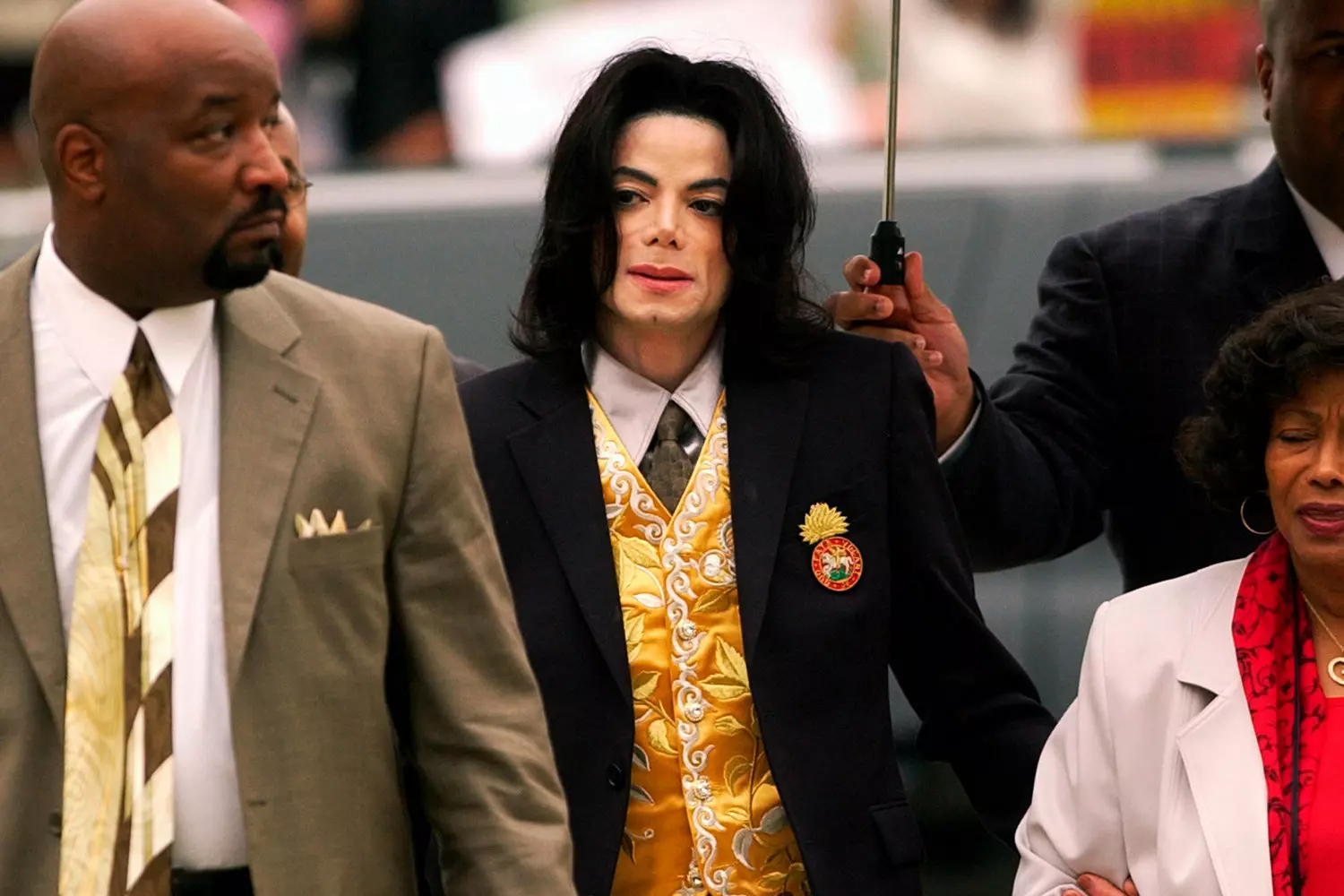
Legacy: What the King Left Behind
Michael didn’t just create music. He created a culture.
His moves are mimicked by children on the streets of Brazil, his songs echo in stadiums, and his philosophy of kindness and change is more relevant than ever.
After Michael Jackson’s death, the world struggled to come to terms with it for a long time. It seemed impossible that a man who seemed eternal had left so suddenly. Millions of people around the world mourned, held tribute parties, danced his choreography, and rewatched his music videos.
However, his legacy is not just about records and awards, of which he had more than any other artist in history. It’s his influence on music, choreography, fashion, video art, and pop culture itself. Jackson changed the way we perceive music videos, turning them into short films. He proved that pop music could be intelligent, meaningful, and artistically refined. He taught an entire generation of artists to put on a show, address important issues, and never be afraid to be themselves.
Many contemporary artists — from Beyoncé to Justin Timberlake, from The Weeknd to Chris Brown — acknowledge Jackson’s influence on their work. His body movements, stage charisma, and ability to blend genres and cultures have become the gold standard. It’s still impossible to imagine the history of the 20th century without Michael Jackson — he became an inseparable part of it, just like Muhammad Ali, Andy Warhol, or Nelson Mandela.
Yes, his life was complicated. But his art is light. And perhaps this is the essence of Michael Jackson’s legacy: he showed how pain can turn into beauty, how music can heal, and how one person can touch the hearts of billions.
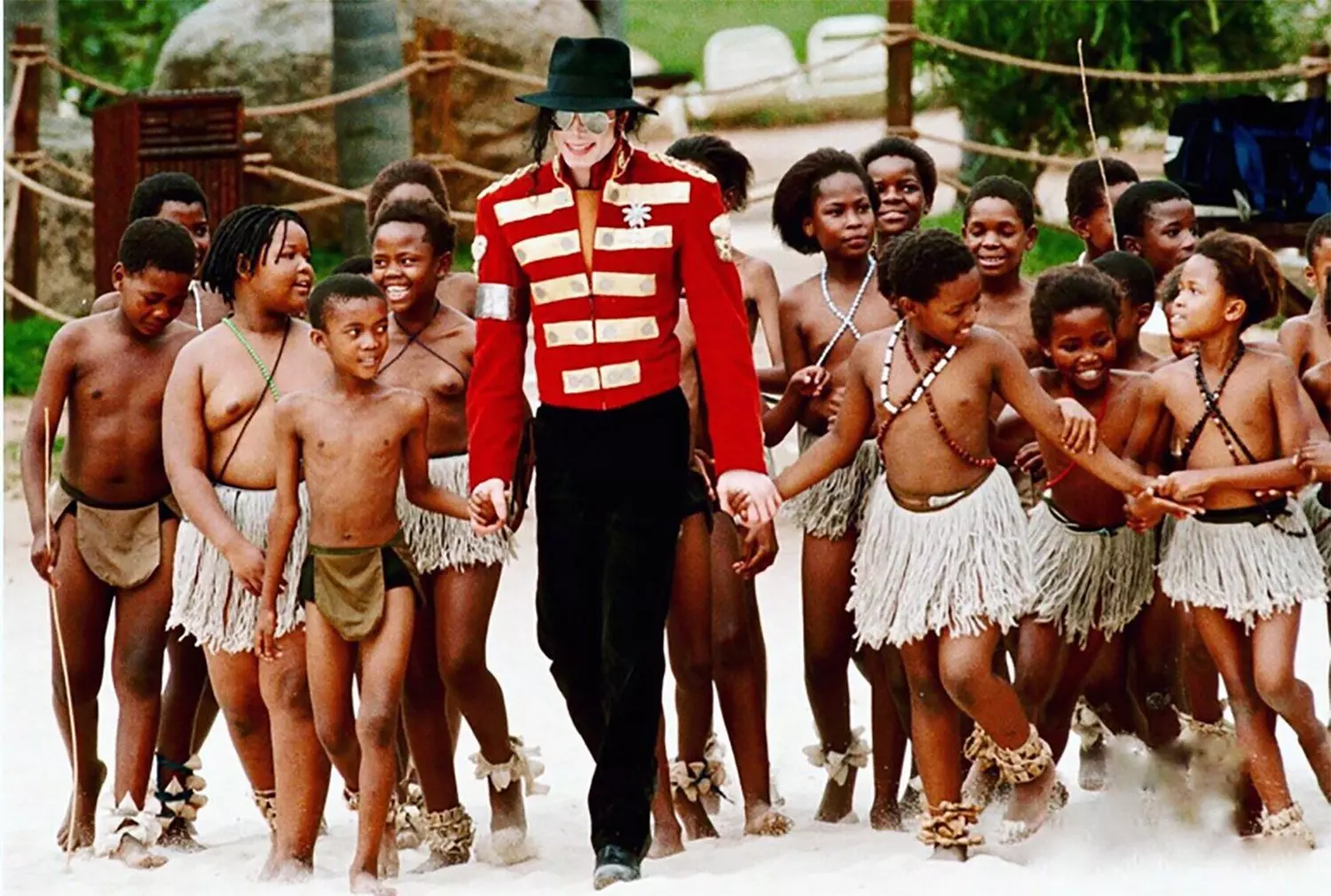
Michael Jackson: Shocking Facts You Didn't Know
He was called the "King of Pop," his moves were copied by millions, and his songs became anthems for entire generations. But behind the bright fame of Michael Jackson lay incredible, sometimes even crazy details of his life. Did you know that he almost played Spider-Man, wore a mask not only because of his illnesses, and once bought… a skeleton? In this section, you'll find the most unexpected, amusing, and shocking facts about the legendary artist that will completely change your perception of him!
- He slept in an oxygen chamber
For "rejuvenation," but it was later revealed that this was a myth created by the media. In reality, he just lay in it for photos. - He wore a mask in public
Not only because of his fear of germs, but also to hide his plastic surgeries. - He adored Disneyland
He would visit the park at night when it was empty and even considered buying it. - Moonwalk wasn't his invention
He saw it performed by street dancers and improved it. - Vocal samples in his songs
In "Billie Jean," you can hear him knocking on a door, and in "Beat It," his scream when a guitar hits him. - Neverland cost $17 million per year
To maintain the amusement park, zoo, and railway. - He insured his voice for $5 million
In case he couldn’t sing anymore. - He appeared in "Men in Black 2"
Under the mask of an alien. - He wanted to film "Peter Pan"
He dreamed of playing the lead role, but didn’t have time. - He donated $500 million to charity
More than any other musician. - He held 13 official Guinness World Records
Including "The Most Successful Artist of All Time" - After his death, his brain was studied
To understand the secret of his genius. - During the filming of the "Smooth Criminal" video, he invented the "anti-gravity lean"
The shoes with hooks were embedded in the floor, but it appeared as though he was defying the laws of physics. - He could slow his heart rate to 120 beats per minute during concerts
Doctors couldn’t understand how he didn’t faint from the exertion. - He bought the skeleton of "The Elephant Man"
Joseph Merrick, considering his story tragic and beautiful. - Neverland had a movie theater where he slept
He could fall asleep while watching "Gone with the Wind" or "Casablanca" - He was friends with Elizabeth Taylor and Princess Diana
They even secretly visited amusement parks together. - He sang duets with Freddie Mercury
Unreleased recordings exist, but their managers caused a rift between them. - He spent $1.5 million on a "bottle" of Elvis Presley’s air
He bought it at an auction. - He wanted to buy Marvel in the 1990s
So he could play Spider-Man himself. - He predicted his own death in the song "Morphine" (1997)
There are lines about an overdose. - He insured his legs for $200 million
He feared injuries that might prevent him from dancing. - He was offered the role of the Joker in "Batman" (1989)
But he declined to focus on filming "Moonwalker" - His last words were: "More milk"
He asked Dr. Conrad Murray for a powerful sleeping pill. - After his death, his music became more profitable than when he was alive
Sales increased by 2000%.
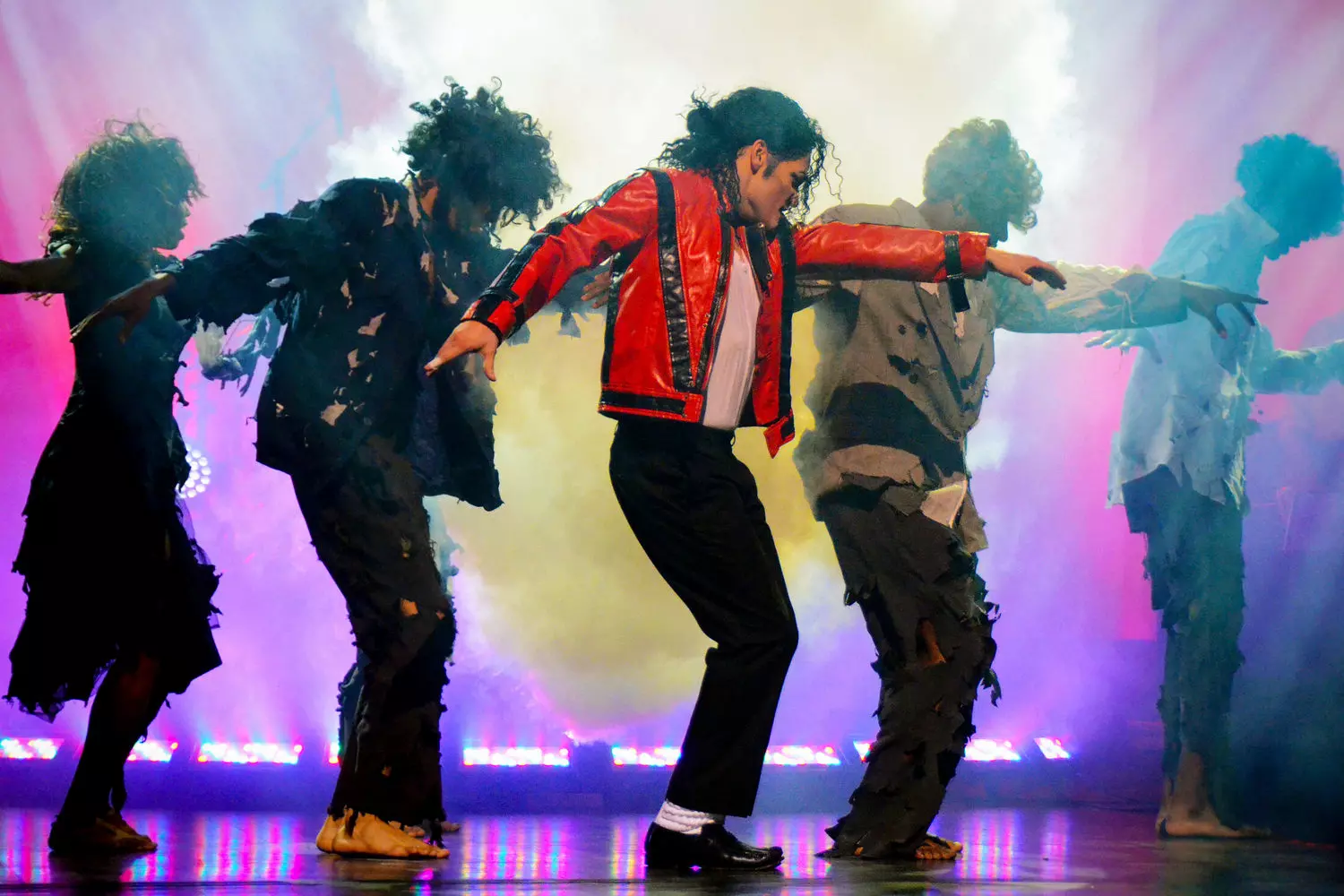
Do You Want to Touch the Legacy of Michael Jackson?
He changed the way we perceive music. He showed that an artist can be a painter, an activist, and a storyteller all at once. He was flawed, he suffered, but he lived, bringing light to millions.
Michael Jackson — a name that needs no explanation. It will stay with us forever. American Butler will help you visit the places where history was made:
- Visit the studios in Los Angeles
- Tour the Neverland Ranch
- Learn more on exclusive tours of legendary performance sites
Feel the music. Feel the era. Feel Jackson.














